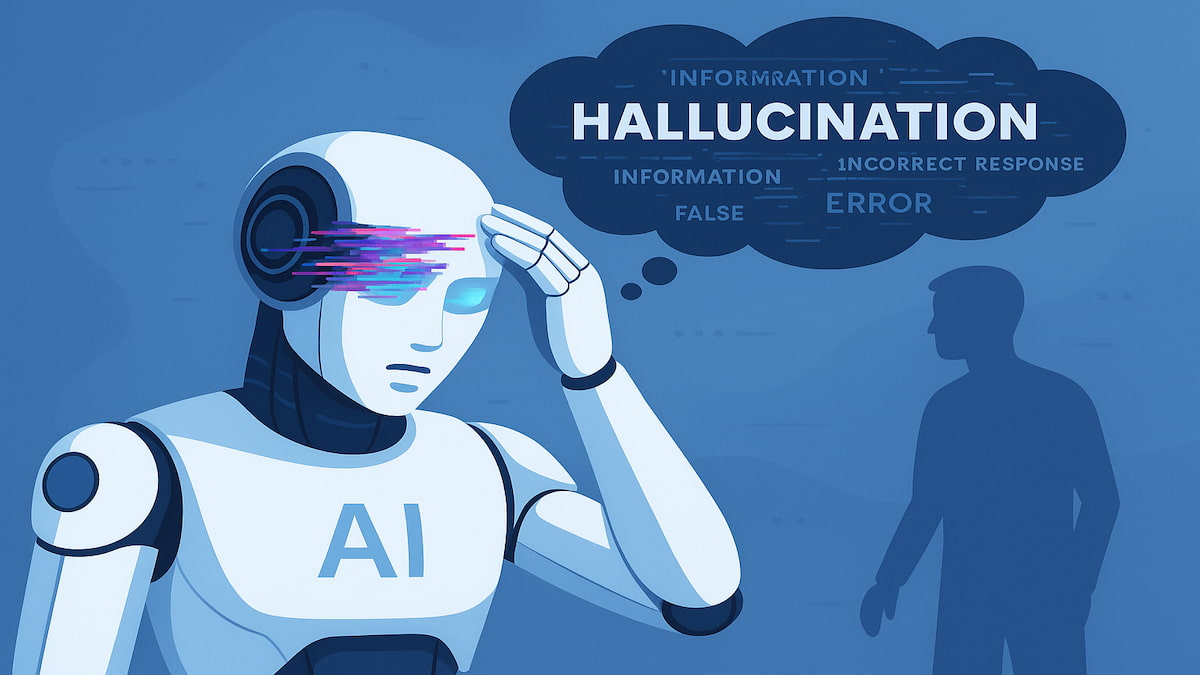Poland has disclosed a coordinated cyber sabotage campaign targeting more than 30 renewable energy sites in late December 2025. The incidents occurred during severe winter weather and were intended to cause operational disruption, according to CERT Polska.
Electricity generation and heat supply in Poland continued, but attackers disabled communications and remote control systems across multiple facilities. Both IT networks and industrial operational technology were targeted, marking a rare shift toward destructive cyber activity against energy infrastructure.
Investigators found attackers accessed renewable substations through exposed FortiGate devices, often without multi-factor authentication. After breaching networks, they mapped systems, damaged firmware, wiped controllers, and disabled protection relays.
Two previously unknown wiper tools, DynoWiper and LazyWiper, were used to corrupt and delete data without ransom demands. The malware spread through compromised Active Directory systems using malicious Group Policy tasks to trigger simultaneous destruction.
CERT Polska linked the infrastructure to the Russia-connected threat cluster Static Tundra, though some firms suggest Sandworm involvement. The campaign marks the first publicly confirmed destructive operation attributed to this actor, highlighting rising cyber-sabotage risks to critical energy systems.
Would you like to learn more about AI, tech, and digital diplomacy? If so, ask our Diplo chatbot!










